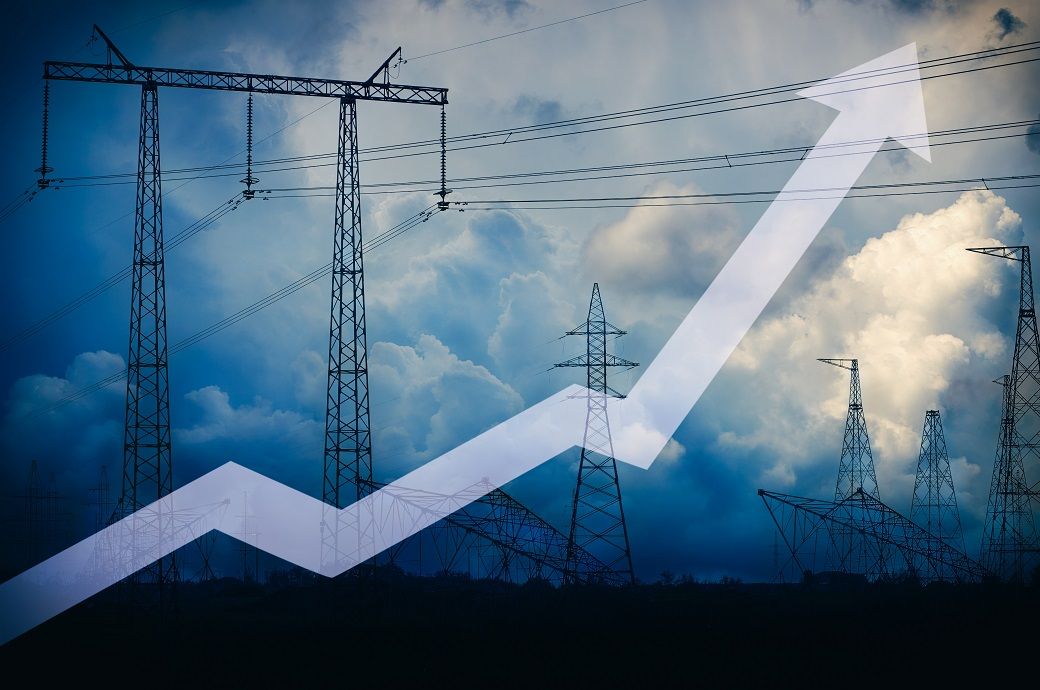
They argue that this strategy would impose significant burden on consumers, adversely affect industries, and impede overall economic progress.
Bangladesh, adhering to IMF stipulations for its $4.7 billion loan, has committed to phasing out subsidies in the gas and power sectors by 2026.
An IMF delegation is presently assessing conditions for disbursing the third loan tranche.
In a recent meeting held in capital Dhaka, Power Division officials reportedly disclosed plans to progressively elevate electricity rates every three months, aiming to eliminate all subsidies by 2026.
Industry people have emphasised that upon Bangladesh’s transition from a least developed country (LDC) status in November 2026, export subsidies would be withdrawn even as the discontinuation of power and gas subsidies is anticipated to inflate production costs, potentially deterring new investments, job creation, and export competitiveness.
Furthermore, the complete elimination of subsidies may spur inflation and dampen consumer demand, ultimately impeding overall economic growth.
The recent escalation in electricity prices occurred in March, with plans announced for further hikes in June, October, and December this year, followed by incremental increases in March, June, October, and December over the subsequent two years.
However, officials assured the IMF team that prices would be adjusted gradually during each increment to mitigate the sudden impact on consumers.
Fibre2Fashion News Desk (DR)